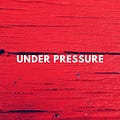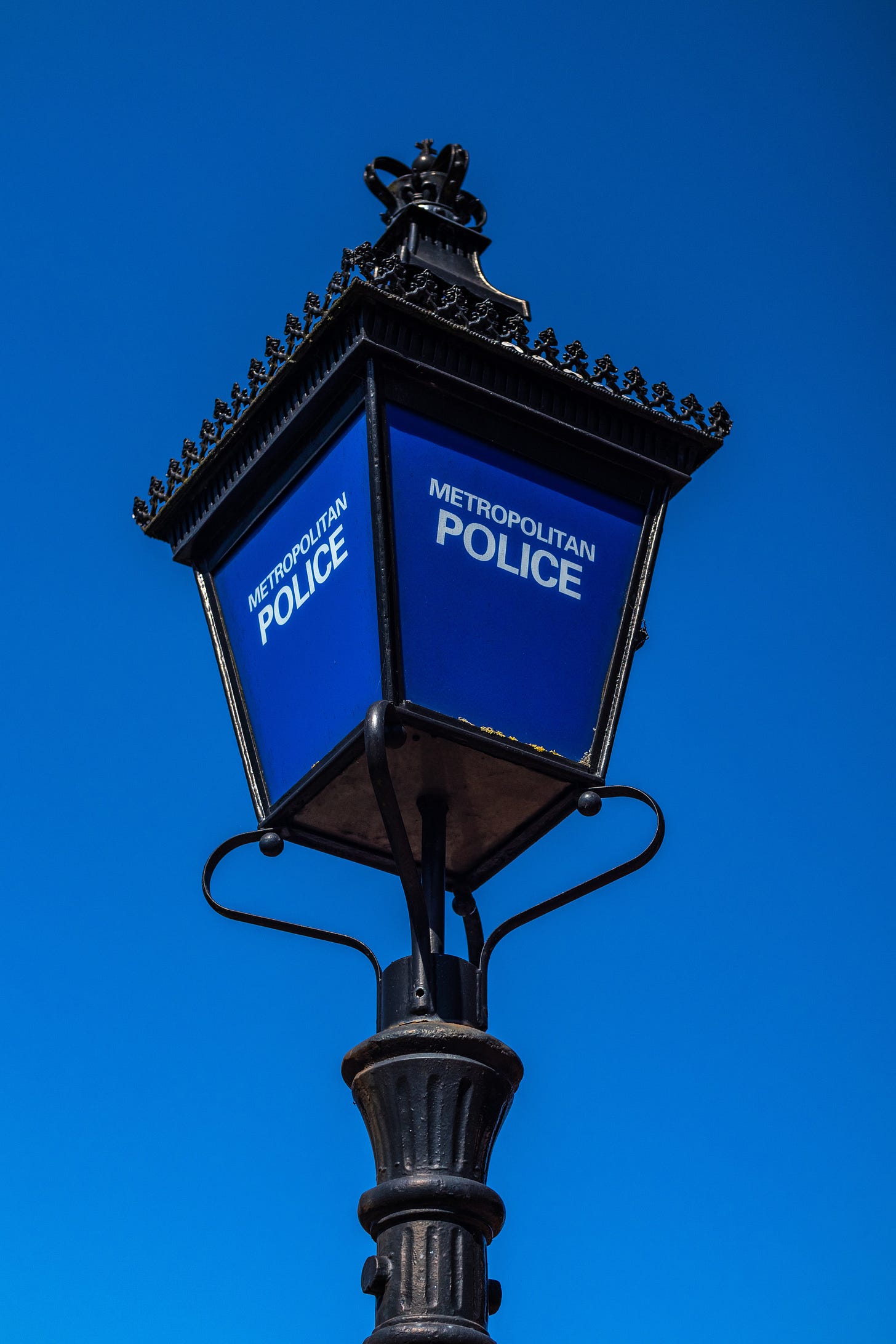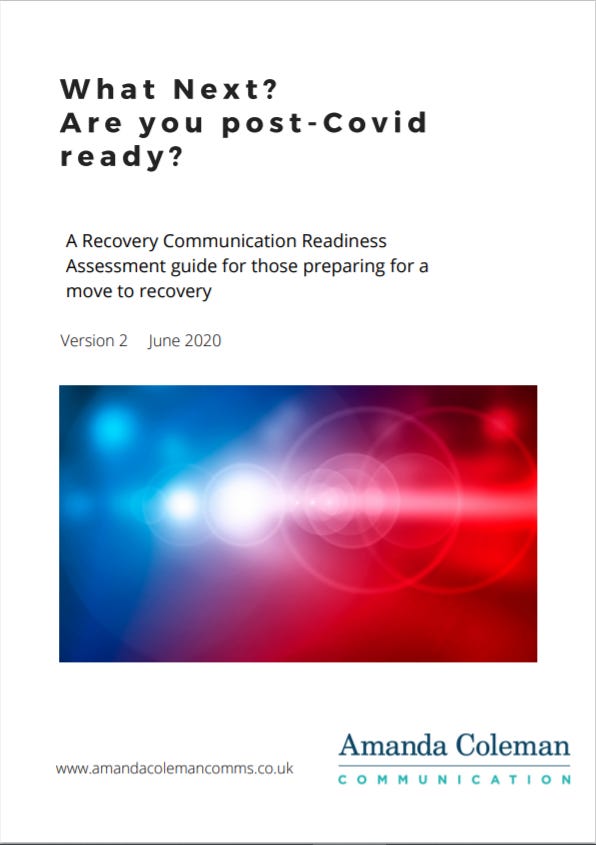There has been a long awaiting report from the inquiry looking into the murder of Daniel Morgan. The report was very critical of the actions of the Metropolitan Police and particularly accused them of putting reputation ahead of being open and honest. It was this quote that caught my attention:
“The Metropolitan police’s culture of obfuscation and a lack of candour is unhealthy in any public service. Concealing or denying failings, for the sake of the organisation’s public image, is dishonesty on the part of the organisation for reputational benefit. In the panel’s view, this constitutes a form of institutional corruption.”
When I talk to PR students about the work I have done in crisis situations I never mention reputation and yet it is often one of the first questions I get asked. Where was reputation in my crisis comms plan? The answer is simple. It never features. This is what I share every time I am training in crisis communication and response.
Just step outside of your situation and consider what it looks like to people if the one priority of your communication activity is to protect the organisation’s reputation. It isn’t to help people, to support the response or anything else it is just about reputation. It doesn’t look good does it.
If that is your aim stated on a crisis communication plan for the business I would suggest it is reviewed and updated. We are in a world of intense scrutiny and during a crisis organisations are under the microscope. It is important to be ready and to be focused in the right places. If you would like to read my blog on the subject click here.
Covid-19 and communication research
During the pandemic we have realised that more research is required in a number of areas. One of them noted is in the ways social media and the digital world can support confidence in vaccinations. I noticed that there is a Vaccine Confidence Fund from the Alliance for Advancing Health Online that is looking at providing support for this research to take place.
Proposals need to be sent by August 6, 2021. Find out more here Vaccine Confidence Fund.
Being Recovery Ready
Twelve months ago I put together a Recovery Communication Readiness Assessment as many communication professionals were looking at what came after Covid-19. When I wrote it I knew we were nowhere near recovery and I wanted people to reflect on where they were and what signs they should look for when moving forward. It now feels very relevant to start to consider recovery and how to plan forward. If you would like a copy of the document email me amanda@amandacolemancomms.co.uk
In Brief:
The PRCA recently released a global confidence tracker which revealed PR professionals around the world are feeling increasingly confident about the future. You can read more here.
Research by CARMA has shown that there is a link between willingness to get a vaccine and the communication from global government leaders. Read more here.
The EU research publication Horizon looks at the way the most vulnerable in societies have been left behind during the pandemic in an interest article about ongoing research. Read more here.
An interesting article from Forbes looks at how critical it is to get messages to staff when a crisis happens. It considers why there is a reliance on emails rather than texts and immediate alerts when dealing with an emergency. Find out details here.
There is an interesting free webinar taking place on 30 June 2021 looking at emergency preparedness and emotional intelligence. It is being hosted by Confederacy of Treaty Six First Nations’ (Alberta, Canada) and if you are interested find out more here.



